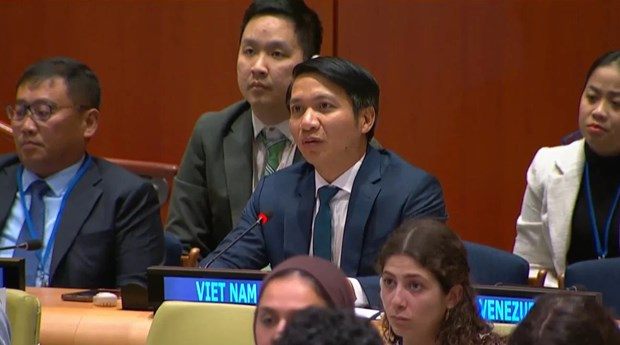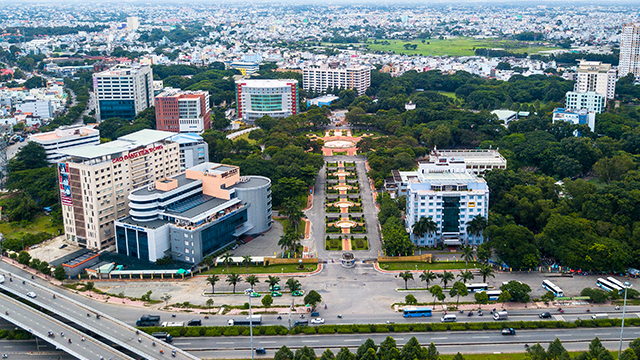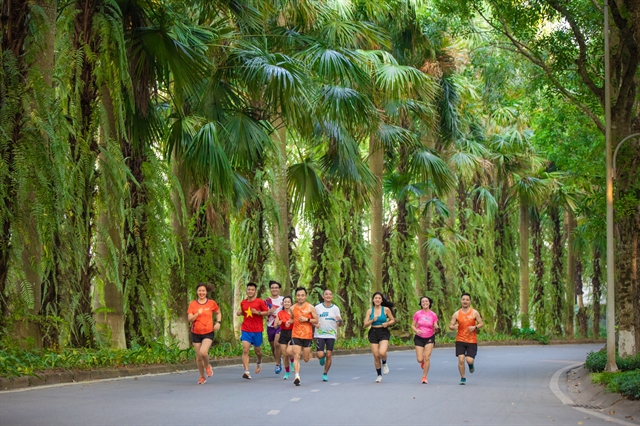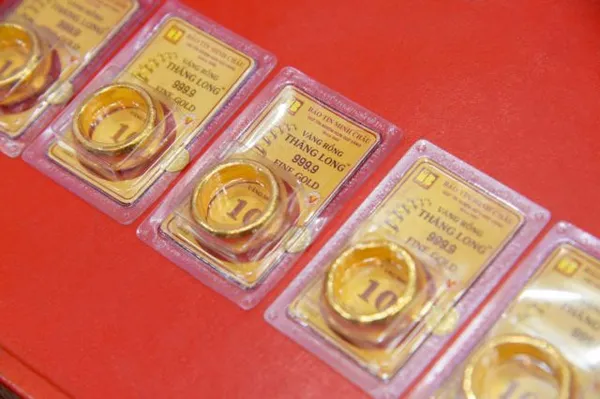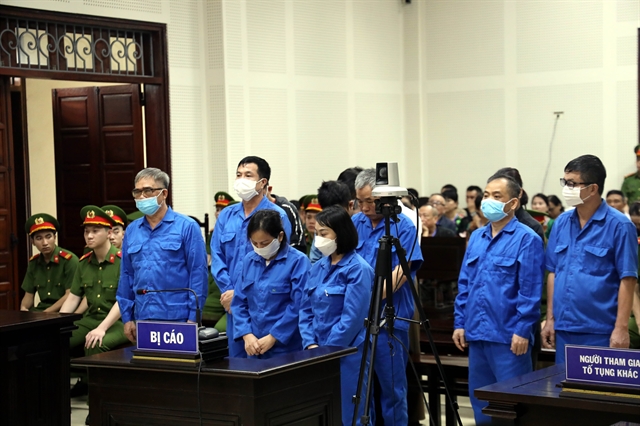 Opinion
Opinion
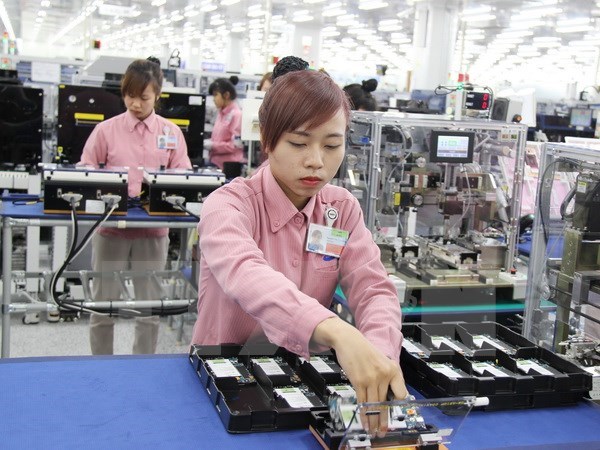
Nguyễn Khắc Hiền, deputy director of the Hà Nội Steering Committee on food safety, talks to Hà Nội Mới (New Hà Nội) newspaper about the achievements the city has made during its five-year campaign for food safety.
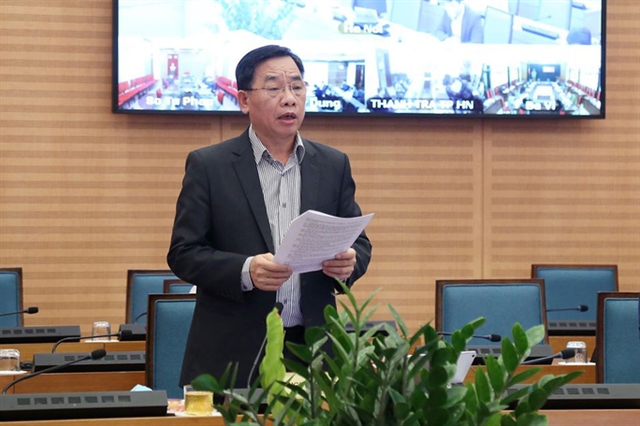
|
| Nguyễn Khắc Hiền, deputy director of the Hà Nội Steering Committee on Food Safety. — Photo nld.com.vn |
Nguyễn Khắc Hiền, deputy director of the Hà Nội Steering Committee on Food Safety, talks to Hà Nội Mới (New Hà Nội) newspaper about the achievements the city has made during its five-year campaign for food safety.
Can you share with us some of the major achievements that Hà Nội made from 2016-2020 on its campaign for food safety?
With strong support from the Hà Nội Municipal Party and Administration, we inspected over 520,000 food production enterprises, of which more the 31,000 were fined for violating the laws on food safety with a total sum of VNĐ134.8 billion, of which 12 cases were brought to court for violating regulations relating to production and trade of fake and low-quality food products.
What about the food safety campaign launched in the same period under review from 2016-2020?
During those five years, Hà Nội's public health sector launched two major campaigns on food safety.
The first was designed to strengthen the capacity of the city’s food quality control measures.
The second aimed to control and prevent cases of food poisoning and food-born diseases.
We achieved quite a lot with both campaigns. As a result, we’re now in the process of launching a campaign to highlight safe food and gradually develop a “food safety” model for public health.
What is needed to develop a sustainable “food safety” model?
In the course of developing the sustainable food safety model, we need close co-operation between food management agencies, business households and consumers. Among the three parties, we need the active participation of food management agencies with strong measures to ensure law and order is strictly implemented. For the consumers, we hope they will only buy food which has been certified by the authorities. On the other hand, heavy fines should be given to anyone who violates laws on food safety.
What’s the responsibility of authorities on the production of unsafe food found in the city?
There are a lot of food processing companies in Hà Nội. In 2016 the city had more than 59,100 companies/establishments. In 2020 the figure jumped to almost 83,000. Most of the people working in this field are in part-time jobs and only two per cent work full time. This is food for thought for the authorities before they solve the problem of unsafe food in the city.
What challenges is the city facing in the field of food safety?
The biggest problem is the shortage of human resources, particularly people who directly work in the field of food safety. Though quite a lot of achievements have been made in the area of food safety, there is still a lot of work that needs to be done every day This is one of the major threats to the health of the community and has caused anxiety among many people.
What activities should we focus on in food safety management?
First of all, we need strong co-operation among all parties concerned, including the country’s political system.
Food safety should considered a very important task as it relates to people’s lives. For example, authorities have launched a pilot programme of food safety inspections in 30 districts/precincts in the city’s inner and outer districts. According to a recent report, the programme has gained certain successes. We hope in the near future this model will be replicated across the whole city.
What will Hà Nội do in the next five years (2021-2026) regarding food safety?
Food safety is considered an important mission in State management for all public agencies and sectors. Of course, in the course of carrying out this mission, People’s Committees at all levels must act as the commanders in chief to keep food safety in their localities.
Last but not least, localities should co-operate to establish safe food distribution chains within their localities. — VNS


